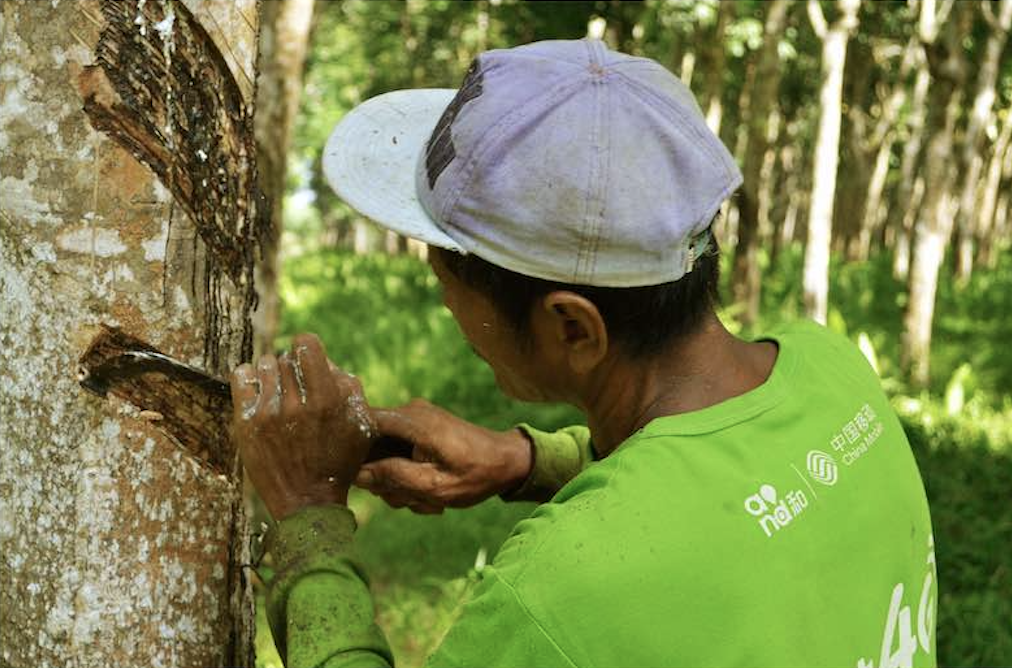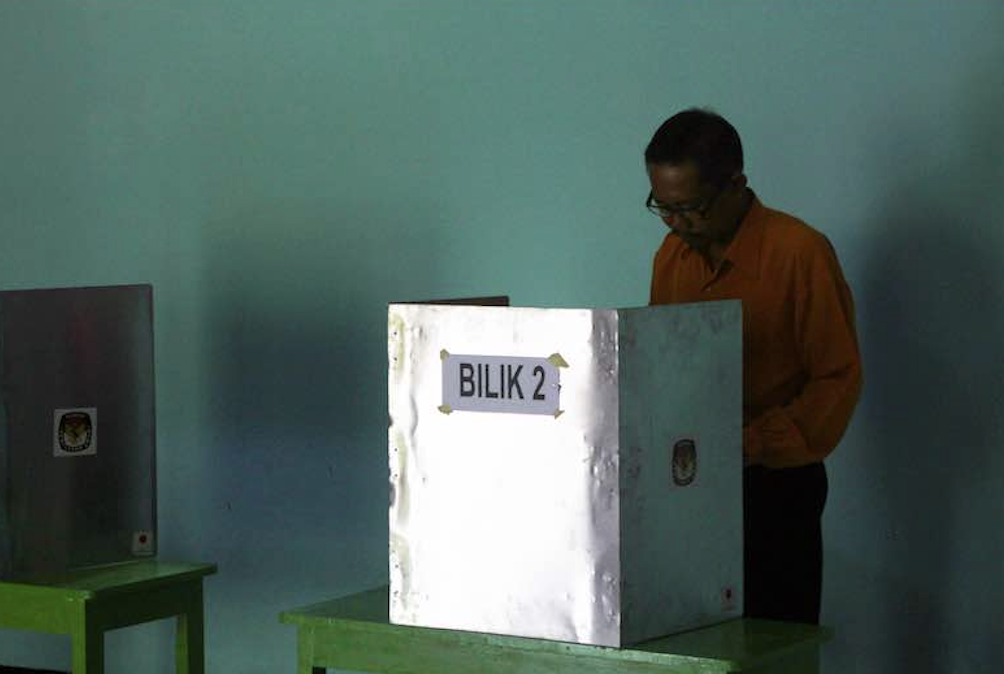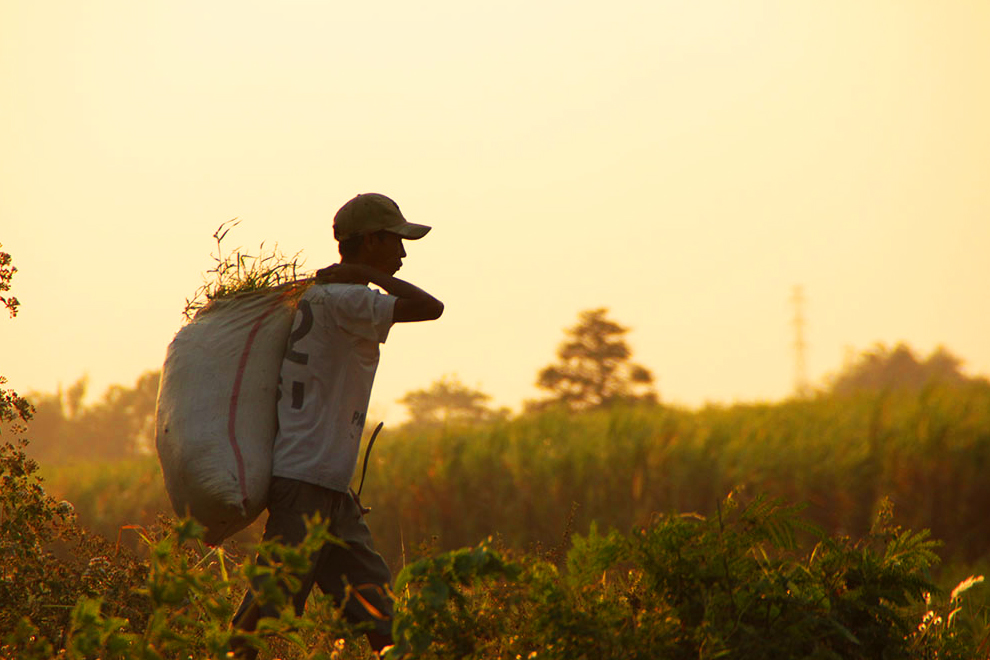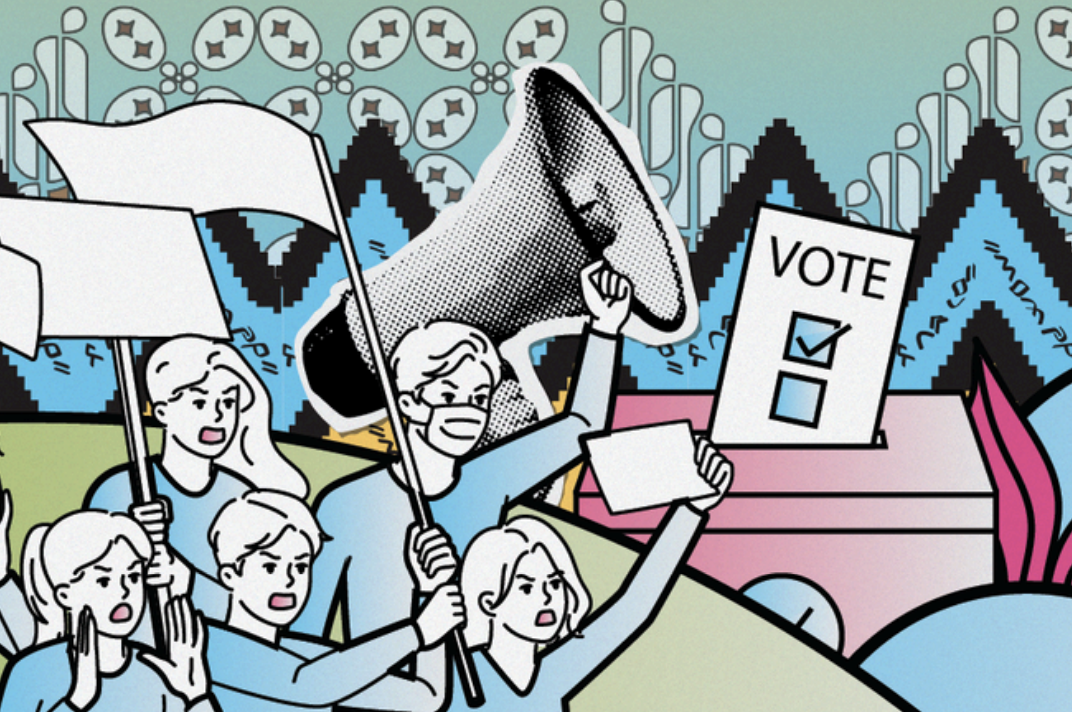


I’m a sociologist and data scientist who integrates social insight with advanced analytics to address challenges in health, policy, and global development. My work examines how systems shape outcomes across populations and turns complex data into actionable insights for policy and business strategy.
My approach integrates ethnographic fieldwork, comparative-historical analysis, and statistical modeling with machine learning and natural language processing, connecting lived experience to large-scale patterns in health, governance, and development.
In my current role as a health research analyst at a U.S. national medical organization, I lead the analytics on physician workforce distribution, multilingualism in healthcare, and patient outcome disparities. Using regression, causal inference, and advanced text analytics, I transform large-scale clinical and survey data into insights that inform medical education, health policy, and resource allocation.
I also hold academic appointments as a Visiting Researcher at the Institute for Advanced Research at Atma Jaya Catholic University and at Northwestern University’s Equality Development and Globalization Studies, where I study inequality, corruption, decentralization, and population health.
My academic research extends these interests to political economy and global development. My project, Embedded Peasantry: Economic Transformation in the Asian Rubber Belt, investigates why some agrarian economies in Southeast Asia achieved rapid growth while others did not. This work has been recognized with multiple national research awards, including the 2024 Theda Skocpol Dissertation Award from the American Sociological Association.
Across both academic and applied settings, my goal is the same: to produce rigorous, actionable analysis that advances scholarship while improving resources, performance, and outcomes in practice.


This project has generated multiple research outputs, including peer-reviewed journal articles, conference presentations, and a forthcoming book manuscript based on the comparative study. Findings from this work have been presented at leading academic conferences and recognized with several national research awards for their contribution to the fields of development sociology and political economy.
Journal articles
Utama, Rahardhika. “The Origins of Embedded Peasantry: A Critical Event Analysis on Smallholder History in Malaysia and Indonesia.” Sociology of Development (Under Review, 2025).
Utama, Rahardhika. “Agricultural Burden and Economic Transformation in Late Developing Countries.” American Sociological Review (Manuscript in preparation, 2025).
Utama, Rahardhika. “Peasantry Embeddedness, Path-Dependence, and Economic Development in Indonesia and Malaysia.” Social Science History (Manuscript in preparation, 2025).
Selected presentations
“Embedded Peasantry: A Critical Event Analysis of Postcolonial Development in The Asian Rubber Belt”. American Sociological Association Annual Meeting. Chicago, 2025
“Agrarian Roots of Poverty in the Asian Rubber Belt: A Problem-Solving Sociological Inquiry”. Sociology of Development Conference, American Sociological Association. Washington D.C., 2024
“A Civically Engaged Historical Inquiry of Intergenerational Land Conflicts in Indonesia’s Rubber Belt”. APSA Working Group on Civically Engaged Research for Critical Issues in Society, APSA Annual Meeting 2024. Philadelphia, 2024.
Awards
](https://www.rahardhika.com/images/research/core.png)
Behind CORE™ for Solving Global Poverty is a simple but urgent motivation. While academic research on poverty and development is vast, much of it remains fragmented and inaccessible to those working to solve real-world problems. Practitioners and decision-makers rarely have the time or resources to translate research into actionable insight.
CORE™ was created to close this gap. It serves as a policy-oriented bibliography and discovery tool that organizes published research into an accessible, searchable format. Each study is distilled into a brief, plain-language summary that highlights what was studied, what was found, and why it matters for policy, all readable in under a minute.
The platform is organized through a taxonomy of policy themes and development topics, enabling users to navigate quickly across domains such as education, labor, inequality, health, and governance. Interactive filters and search tools make it easy to identify evidence most relevant to specific policy questions or contexts.
CORE™ is designed for both policy and development practitioners seeking credible, time-efficient access to research and for academics interested in connecting their work to broader audiences. By bringing together diverse strands of evidence, it aims to bridge research and practice, advancing more informed and equitable approaches to addressing poverty worldwide.

This project has generated several outputs, including journal articles and presentations that advance the understanding of bureaucratic clientelism and corruption in decentralized democracies.
Journal articles
Selected presentations

This research program has generated multiple scholarly outputs, including working papers and international conference presentations that advance debates on inequality, governance, and development.
Journal articles
Selected presentations

This project has produced several academic and policy-oriented outputs that contribute to understanding the dynamics of activism, civic space, and democratic resilience in Indonesia.
Journal articles
Selected presentation
Research reports

This project has generated multiple research outputs, including peer-reviewed journal articles and conference presentations that advance understanding of multilingualism, language proficiency, and equity in medical training.
Journal articles
Selected presentations
My book project aims to contest, refine, and organize existing theories of economic transformation among late developing countries in the Global South, particularly in Southeast Asia. It addresses the variety of development in agrarian economies that sustained a significant agricultural output before underwent industrialization. Despite having to deal with a large agricultural sector at the onset of post-colonial state-building, why did some countries succeed in transforming their economy while others did not?
The book also proposes an innovative solution to the problem of an unsustainable path to economic development. This problem leads not only to environmental degradation but also to three conditions that perpetuate poverty in the Global South: rising inequality, the expansion of a vulnerable urban informal sector, and the endurance of an inefficient agriculture economy. What path of economic transformation should countries in the Global South take to achieve a higher economic level without necessarily following the unsustainable development blueprint of their counterparts in the North?
I demonstrate that political relations between the state and peasantry class molded the path of economic transformation that has resulted in the discrepancy in levels of development, environmental sustainability, and social protection. The arguments in this book contribute to the debate on institutional explanations of development in the fields of sociology of development, political economy, and economic history. For this project, I conducted extensive archival research at 20 libraries and archive centers in Indonesia, Malaysia, Singapore, Thailand, Netherlands, the United States, and the United Kingdom. I also gathered oral history, interviews, and observations from multi-sited ethnography fieldwork in multiple rubber communities Malaysia, Indonesia, Thailand, and Myanmar.


2023 Theda Skocpol Award for Best Dissertation

The Hayward R. Alker Best Student Paper Award (2021)

Honorable Mention | Outstanding Graduate Student Paper Award (2020)

The Arryman Fellowship (2013) and The Arryman Scholarship Award for Doctoral Studies (2014)